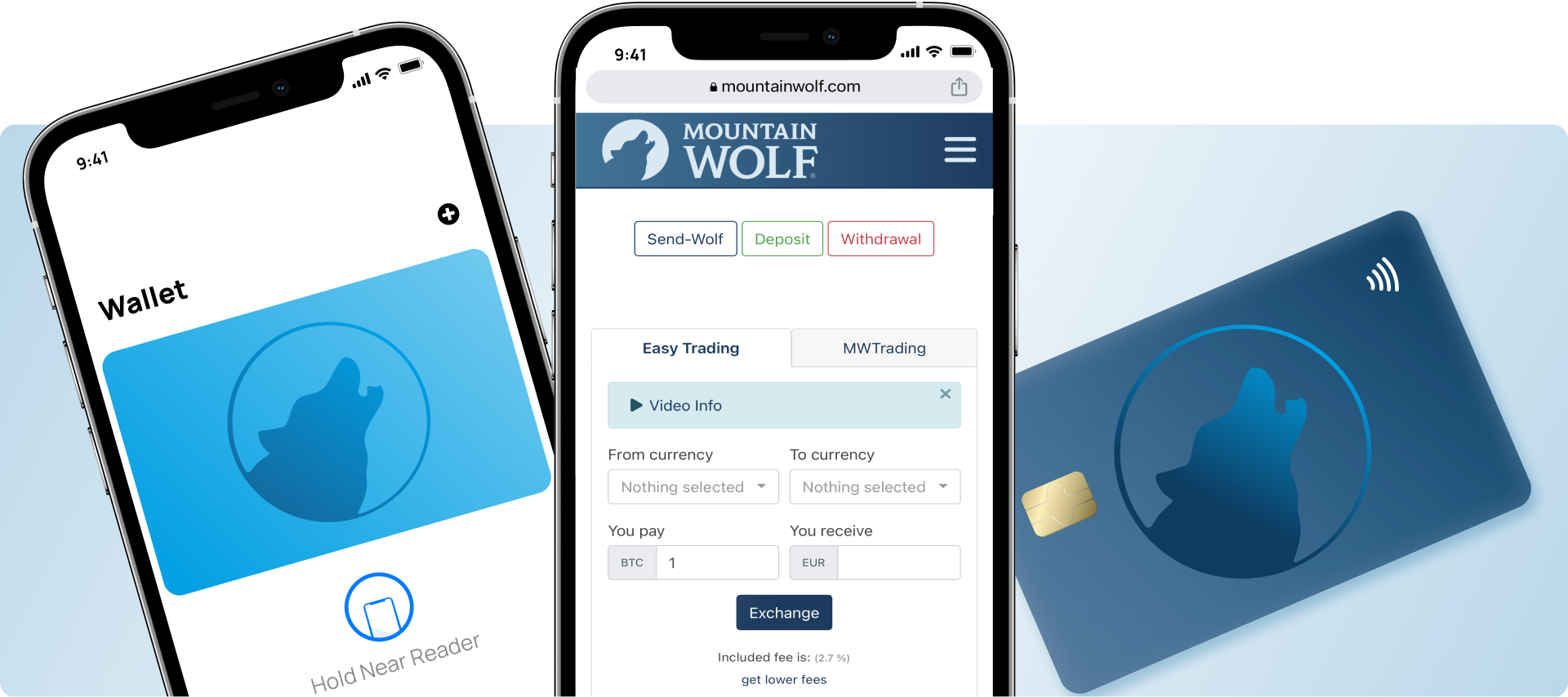Should TikTok Be Banned? The Truth Behind the Global Debate [2025 Update]
Serena Bloom
July 15, 2025
CONTENTS
The US Supreme Court’s decision to uphold a TikTok ban has brought a crucial question to the forefront. ByteDance must sell the app to a US-certified buyer by Sunday, January 19, 2025, or face a complete shutdown. This ruling will affect more than 170 million US users who spend about 51 minutes daily on the platform.
Congress sees TikTok as a national security threat because of ByteDance’s supposed ties to China’s government. The debate around the 2025 ban isn’t clear-cut though. Public opinion remains divided with 28% of Americans against the ban. Questions linger about whether banning the app really tackles the bigger privacy and security problems. TikTok’s economic footprint can’t be ignored – it added over $24 billion to the US economy and created 200,000 jobs in 2023.
Let’s take a closer look at the latest ban news and get into both sides of this debate. We’ll weigh the arguments for and against the ban to understand what it all means. TikTok’s position as “the most influential app across the world” comes with intense scrutiny, especially since 19.4% of its content has proven false or misleading. The app’s future hangs in balance as we uncover the truth behind this potential shutdown.
Is TikTok Getting Banned Again? The 2025 Update
TikTok continues to operate in the United States through multiple deadline extensions. The platform faces a de jure nationwide ban since January 19, 2025. ByteDance, TikTok’s China-based parent company, refused to sell the platform before the deadline set by the Protecting Americans from Foreign Adversary Controlled Applications Act (PAFACA).
The story took an unexpected turn on January 18, 2025. TikTok shut down its services at 10:30 p.m. EST. Users who tried to open the app saw this message: “Sorry, TikTok isn’t available right now. A law banning TikTok has been enacted in the US. Unfortunately, that means you can’t use TikTok for now”. The app disappeared from both Apple’s App Store and Google Play Store.
The shutdown lasted just 12 hours. President Trump signed an executive order on January 20, his first day in office. The order delayed the ban’s enforcement by 75 days.
He later extended the deadline twice:
- April 4: Trump signed an order extending the deadline by another 75 days until June 19
- June 17: The White House announced a third extension of 90 days, moving the deadline to September 17, 2025
Many more potential buyers have shown interest in acquiring TikTok’s US operations:
- Oracle-led consortium
- Amazon
- Walmart
- Billionaire Frank McCourt
- Former Treasury Secretary Steven Mnuchin
The Biden administration passed PAFACA in March 2024 due to concerns about the Chinese government’s access to user data through ByteDance. The Supreme Court then upheld the ban unanimously in January 2025. They rejected TikTok’s claim that it violated First Amendment rights.
Trump has hinted that “a group of very wealthy people” will be revealed as TikTok’s buyer “in the coming weeks”. In spite of that, any deal needs approval from Chinese regulators. They have resisted selling TikTok’s algorithm—often called the app’s “secret sauce”.
Why Should TikTok Be Banned? The Case For a Ban
People want TikTok banned mainly because of data privacy issues, national security risks, and how it affects users’ mental health.
TikTok’s connection to China through its parent company ByteDance sits at the heart of this debate. An EU privacy watchdog slapped TikTok with a 530 million euro fine (USD 600 million) in April 2024. They found that sending data to China put European users at risk of spying. Their investigation showed TikTok didn’t deal very well with “potential access by Chinese authorities” to user data under Chinese laws about anti-terrorism, counterespionage, and national intelligence.
Things get worse. ByteDance employees could see non-public data about US TikTok users. Internal meetings revealed that “Everything is seen in China”. Chinese companies like ByteDance must follow laws that let the Chinese Communist Party demand consumer data whenever they want.
The security risks go beyond data issues. FBI Director Christopher Wray warned the House Intelligence Committee that China’s government could hack Americans’ devices through TikTok’s software. The Justice Department found that TikTok’s “Project Texas” data protection plan fell short because US data still made its way to China.
On top of that, it hurts mental health, especially for young people. Over twelve states have taken TikTok to court. They say its algorithm acts like a dopamine trigger and hooks users intentionally. These lawsuits point out features that keep young users glued to their screens, which leads to anxiety, depression, and body image issues.
The app’s beauty filters make young users hate how they look. What’s really troubling is how teens face exploitation through TikTok’s livestreaming feature. Officials say it runs like a “virtual strip club” without proper age checks.
These worries about data privacy, national security, and user health keep getting stronger. Each new investigation reveals more disturbing practices that make the case for banning TikTok more compelling.
Why TikTok Should Not Be Banned: The Other Side
TikTok ban opponents claim the legislation violates constitutional rights and doesn’t deal very well with wider data security issues. The ACLU states that the First Amendment requires the government to clear an extremely high bar before banning any communications platform. They must prove it’s the only way to prevent serious, immediate threats to national security. Legal precedents show the government can’t shut down speech based on hypothetical threats.
The ban would create major economic damage. TikTok helps generate more than $24 billion in gross domestic product and supports over 224,000 American jobs. Seven million businesses rely on the platform, and nearly 40% of small and medium businesses say they can’t survive without it.
Critics argue that banning the app won’t fix the real security problems. One expert says, “Banning TikTok does nothing to address the endemic human rights risks and harms associated with the surveillance-based business models of TikTok and other major tech companies”. A complete data protection law would better protect users from cybersecurity risks on platforms of all types.
This ban might create a dangerous model for internet regulation. Other states could try to ban apps based on political goals, which would split the user experience into a “splinternet”. Countries that used to support open internet policies might start implementing similar restrictions.
TikTok has become a powerful educational resource. The hashtag #LearnOnTikTok has more than seven billion views. A newer study, published in shows 74% of teachers have added TikTok-inspired methods to their classrooms.
Critics suggest that instead of a total ban, broader data protection rules and clearer guidelines on handling sensitive information would better protect Americans’ privacy.
Conclusion
The debate over banning TikTok comes down to balancing national security risks against economic benefits and free speech rights. A legal framework exists to ban the app, but multiple deadline extensions show how complex this decision really is. Policymakers seem to acknowledge this delicate balance by allowing TikTok to operate under temporary extensions until September 2025.
We can’t ignore the data privacy risks. ByteDance’s Chinese connections raise valid questions about data access, especially after reports that “Everything is seen in China.” TikTok’s proven effects on young users’ mental health add another layer of concern beyond just national security. The EU’s big fine over TikTok’s data practices backs up these fears.
Banning TikTok would affect millions of users and businesses that depend on the platform. The platform adds $24 billion to the economy and supports over 224,000 American jobs – numbers too big to dismiss. The First Amendment also raises key questions about the government’s power to shut down an entire communication platform based on possible rather than proven threats.
A better approach might focus on protecting data across all platforms instead of targeting just one app. This strategy would protect users’ privacy better and avoid setting a precedent that could split up the digital world.
Talks with potential buyers show possible middle-ground solutions that could address security worries while keeping TikTok available to American users. Any deal must satisfy both American security needs and Chinese regulations, especially regarding TikTok’s algorithm.
The outcome of this debate will reshape our views on digital privacy and national security. It will also set new standards for balancing these priorities against economic interests and free speech in our connected world.
FAQs
Q1. What are the main concerns driving the potential TikTok ban?
The primary concerns include national security risks due to TikTok’s ties with China through ByteDance, data privacy issues, and potential access to user data by Chinese authorities. There are also worries about the app’s impact on mental health, especially among young users.
Q2. How would a TikTok ban affect the US economy?
A TikTok ban could have significant economic consequences. The platform contributes over $24 billion to the US GDP and supports more than 224,000 American jobs. Additionally, many small businesses rely on TikTok for advertising and reaching younger audiences.
Q3. Are there alternatives to banning TikTok?
Instead of an outright ban, some experts suggest implementing comprehensive data protection laws that address cybersecurity vulnerabilities across all platforms. This approach could better protect user privacy while avoiding the precedent of banning specific apps.
Q4. How has TikTok responded to the ban threats?
TikTok has implemented measures like “Project Texas” to protect US user data. However, these efforts have been deemed insufficient by some officials. The company has also challenged the ban on First Amendment grounds and continues to operate under temporary extensions while negotiations for potential US buyers are ongoing.
Q5. What are the potential global implications of a TikTok ban in the US?
A US ban on TikTok could set a precedent for other countries to implement similar restrictions on apps based on political priorities. This could lead to a fragmented internet experience, often referred to as a “splinternet,” and potentially undermine the concept of a free and open internet globally.
More posts
150+ Best 25th Birthday Captions for Your Silver Milestone (2026)
Hitting 25 is a strange, beautiful middle ground. You’re officially a quarter-century old, which sounds incredibly adult, yet you probably…
What is Twitter (X)? The Ultimate Guide to the Platform in 2026
In the fast-moving world of social media, few platforms have undergone as radical a transformation as Twitter, now officially known…
What Does Take a Break Mean on Facebook? (2026 Guide to Digital Boundaries)
If you have ever scrolled through your feed and felt a pang of anxiety or annoyance seeing a certain person's…
500+ Short Instagram Captions for 2026: Boost Your Engagement Instantly
In the fast-paced world of social media in 2026, you have exactly 1.7 seconds to stop someone from scrolling past…
From Solo Sellers to Scaled Operations: How Online Commerce Has Evolved
Remember when selling online meant taking blurry photos of stuff in your garage and hoping someone on eBay would bite?…

The Rise of Financial Freedom: Tools Empowering a New Generation of Digital Natives
A Generation Redefining MoneyFor digital natives, financial freedom means more than saving or investing—it means flexibility, control, and the ability…


